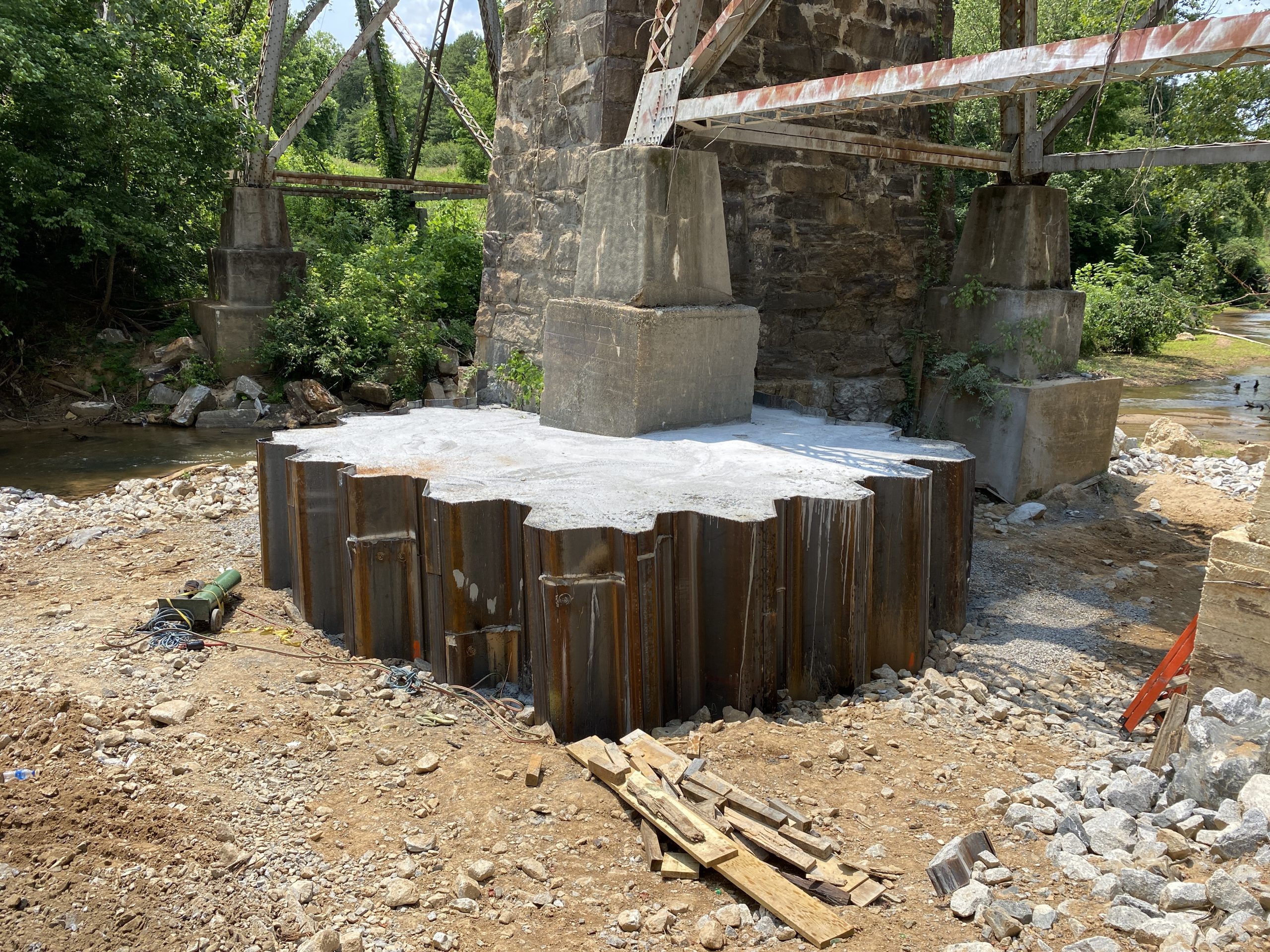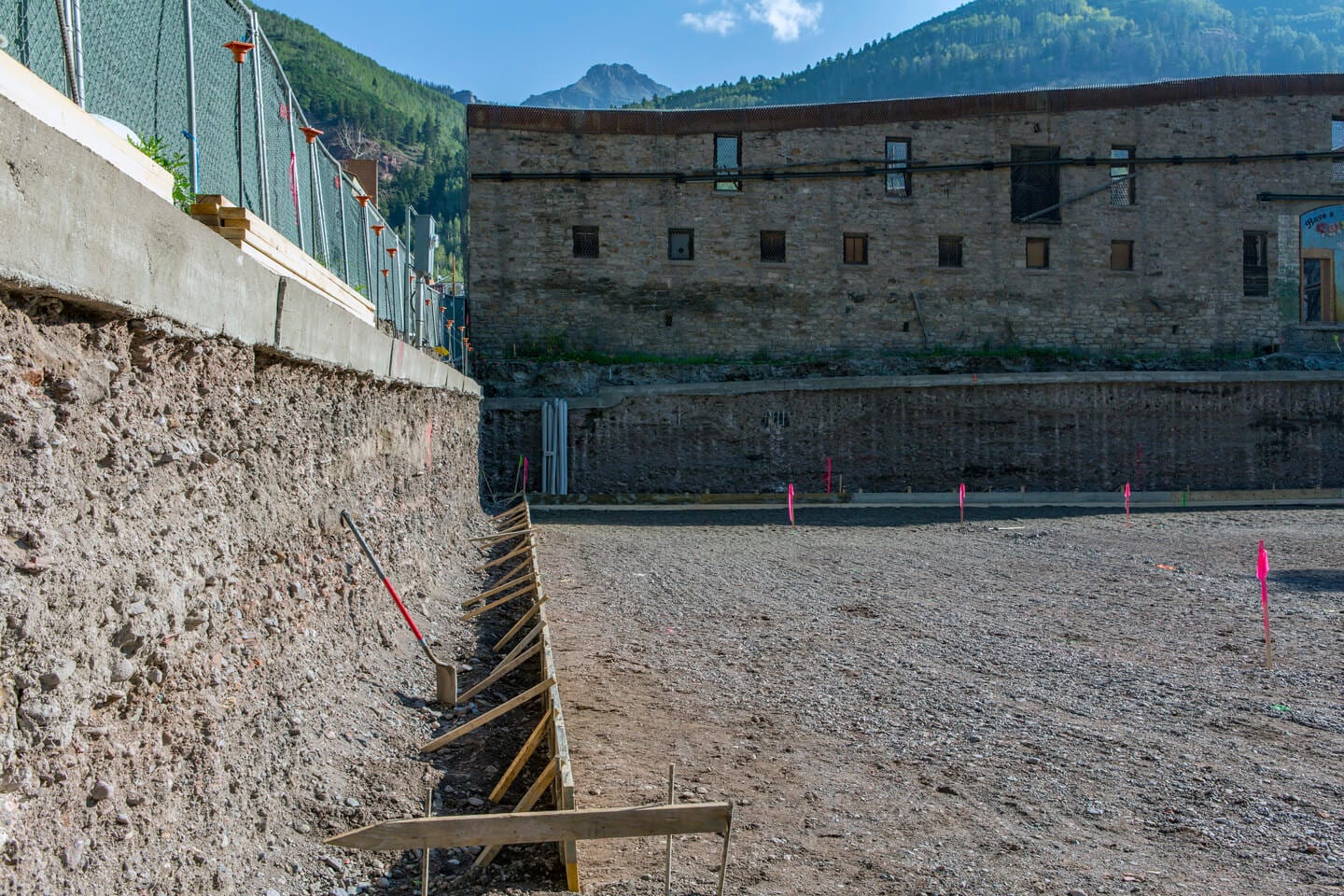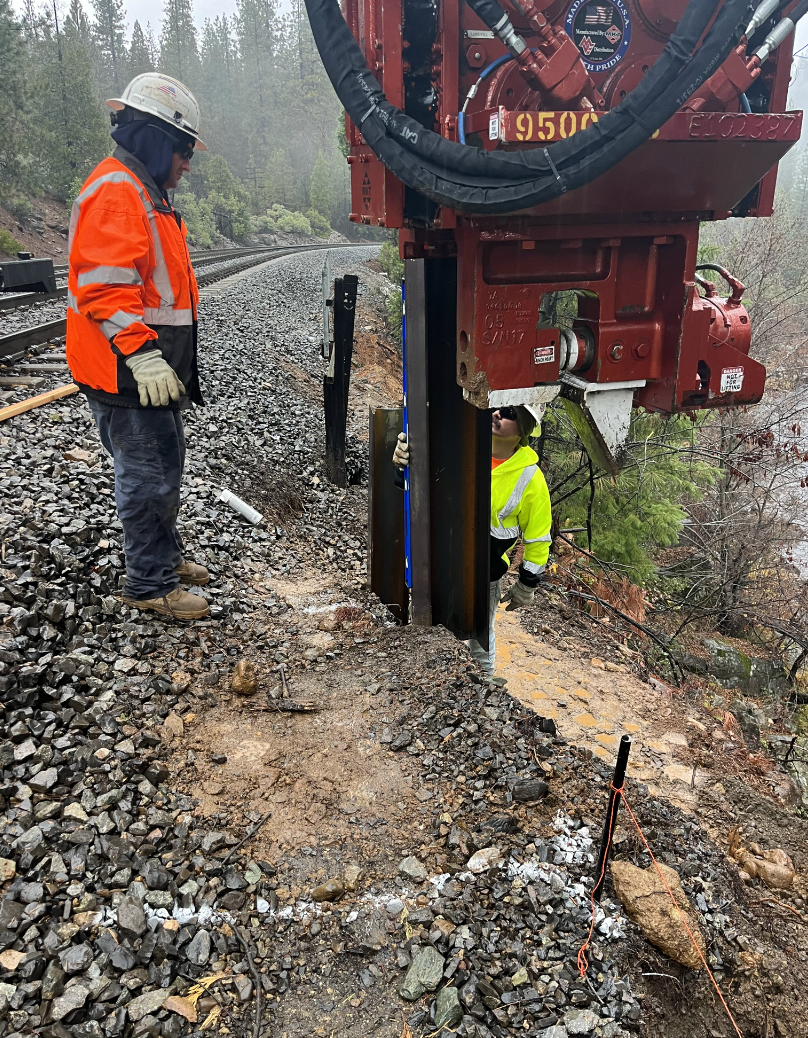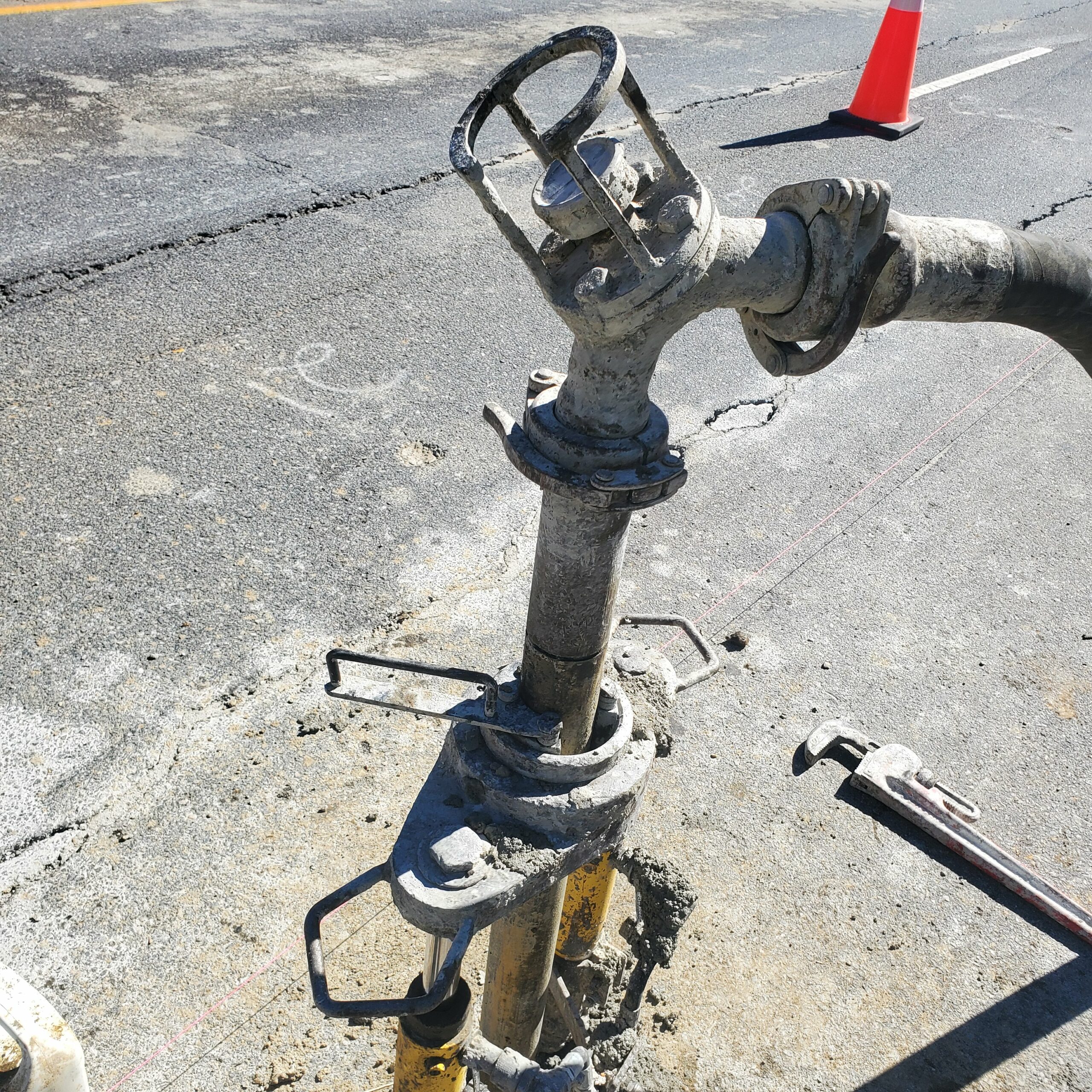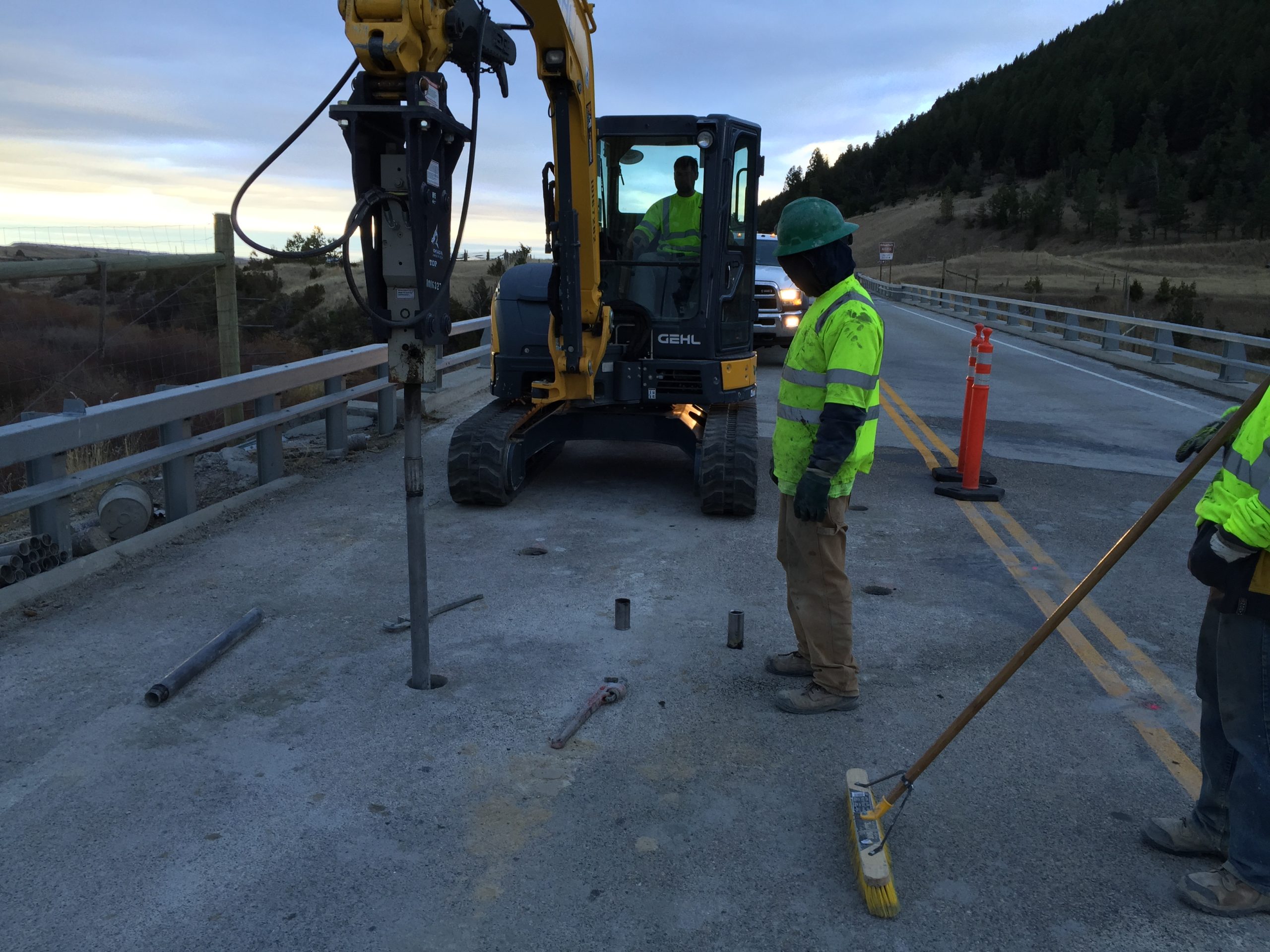What are foundation support services?
Referring to a range of techniques and technologies used to enhance the stability and safety of structures by improving the properties of the soil or foundation upon which they are built. These services are crucial when the existing soil conditions are not suitable to support the intended structure, leading to potential settlement, instability, or other issues. Various methods such as soil stabilization, deep foundations, ground improvement, grouting, geosynthetics, micro piles, compaction piles, and slurry walls are employed to ensure the integrity and longevity of the structure.
